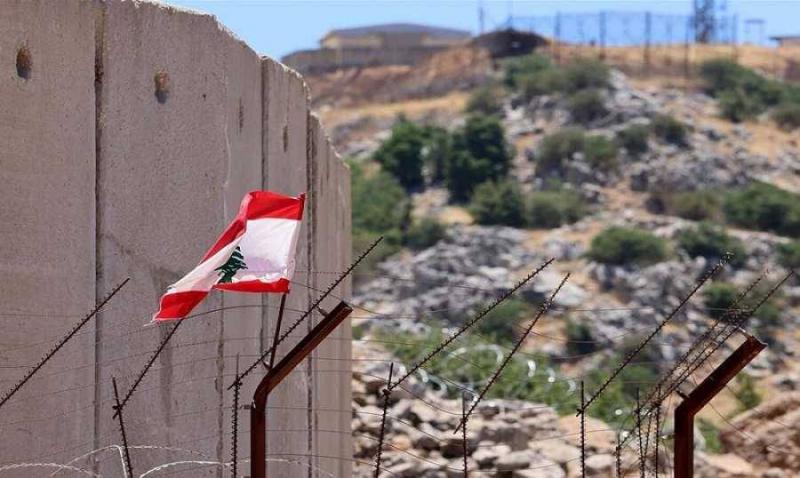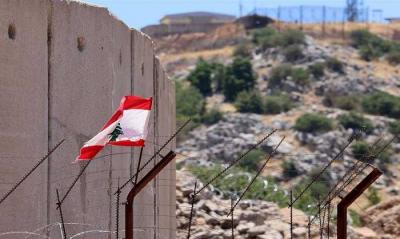Pivotal hours separate the war threatened by Israel, awaiting the anticipated Iranian response, amidst questions about its timing and predictions regarding whether it will precede new ceasefire talks on August 15. While the drums of war sound in the region, the United States has dispatched its fleets, aircraft carriers, and submarines to the Mediterranean under the pretext of a potential response to the assassinations of leaders Ismail Haniyeh and Fouad Shokr. On the other hand, Amos Hochstein has been sent to the region in an attempt to defuse tensions.
In this context, sources following the situation, as reported by the electronic newspaper "Al-Anbaa," consider the current events a calculated madness between America and Israel to divert attention from the daily massacres committed by Israel against Palestinians in Gaza, the West Bank, and southern Lebanon. Meanwhile, the field situation continued with ongoing confrontations while the enemy persisted in its aggression along the southern border from Naqoura to the Shebaa Farms, as acknowledged by Defense Minister Yoav Galant. In response to these attacks, "the Party" has escalated its drone operations targeting new sites previously untouched.
Politically, caretaker Prime Minister Najib Mikati called for a Cabinet session tomorrow, Wednesday, with 46 agenda items, notably one concerning the situation in the south and the potential of an escalation into a broad war. In this frame, former MP Ali Darwish detailed the government's plan for accommodating displaced persons from the south in the event of war, which includes preparing schools, universities, vocational institutes, and government buildings. Furthermore, provisions related to food and medical security were outlined, including securing flour and fuel for bakeries, as well as requesting hospitals to treat casualties at the expense of the Ministry of Health.
Darwish described the situation in a conversation with "Al-Anbaa" as tense and dangerous, seeing Thursday’s negotiations as pivotal following Yahya Sinwar's assumption of leadership of Hamas' political bureau. He pointed to potential American pressure on Israel to agree to a ceasefire and release hostages, revealing a message relayed to Qatar stating that if a ceasefire is reached in Gaza, it would include southern Lebanon. Conversely, if no ceasefire is established, the war would encompass the entire region.
Regarding the presence of warships in the Mediterranean, Darwish considered this a highly dangerous indicator, noting that no one can predict what might happen if negotiations fail and Iran or Hezbollah strikes Israel or assassinate high-ranking Israeli figures. He reaffirmed that the on-ground reality would dictate the response to Israel, and there exists a list of targets that Iran and Hezbollah could execute directly or indirectly.
The evolving situation does not bode well for Lebanon, which continues to grapple with its crises and weaknesses. It is certain that it is incapable of bearing the consequences of a large-scale war should its sparks ignite at any moment, given that there are no predictions on what may result from the Israeli madness, according to "Al-Anbaa" electronic.




